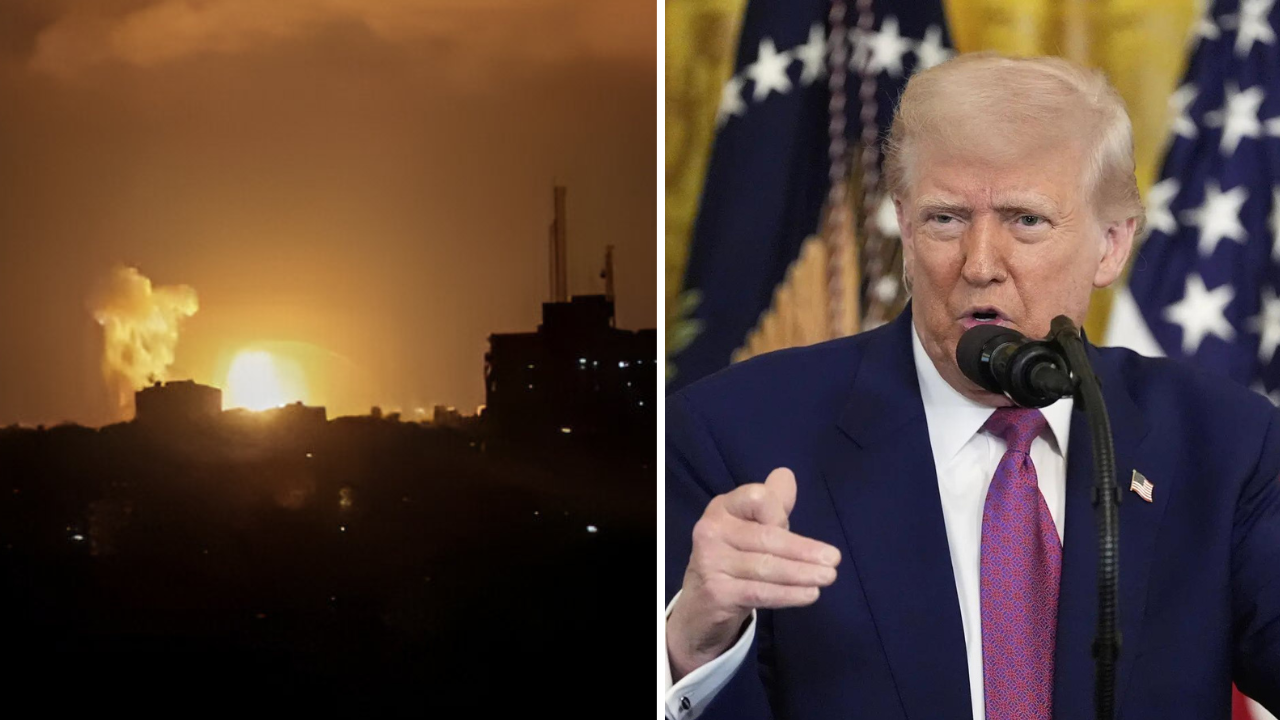ARTICLE AD BOX

President Donald Trump probably needs Canada's help for his ambitious plans for a massive air defense shield over the United States.
The president dismissed Canada's role the "Golden Dome" missile defense project he announced this week, complaining the U.S. would be stuck helping its northern neighbor, but government officials and other experts say the nation he's been bullying would play a pivotal role in the $500 billion project, reported Politico.
“None of [the Golden Dome partnership] has been spelled out or negotiated,” said Sen. Jack Reed (D-RI), the ranking Democrat on the Senate Armed Services Committee. “The president, because of his rhetoric, has alienated a large part of the Canadian population, and that’s being reflected in the political leaders … it’s not, you know, good old Canada-USA. It’s like, ‘We can’t do this easily, because our people are very upset.’”
EXCLUSIVE: Trump accused of new grift that puts Qatari plane in shade
Canada has always played a key role in defending North America's airspace, with nearly 4 million square miles of territory that offers a line of sight toward the North Pole, which is a huge gap in American air defenses, and its military has collaborated for decades on the North American Aerospace Defense Command, or NORAD.
“What Canada really brings is terrain,” said said retired Air Force general Glen VanHerck, who led the U.S. Northern Command until last year. “If we can position, or Canada positions, over-the-horizon radars further north in the Arctic, that dramatically increases the United States and Canada’s ability to see over the pole into Russia, into China and other places.”
Canada and the U.S. already share radar information and their fighter planes share patrol duties over the Arctic, and Canada has historically funded about 40 percent of NORAD investments, and officials say the U.S. would not be able to put together a continental air defense without the $38 billion Canada has committed to adding new radars in the next 20 years.
“It will be very important where Canada decides to put its over-the-horizon radar,” said a Senate GOP aide. “It would be much more difficult without Canada.”
.png)
 3 weeks ago
2
3 weeks ago
2








 English (US)
English (US)